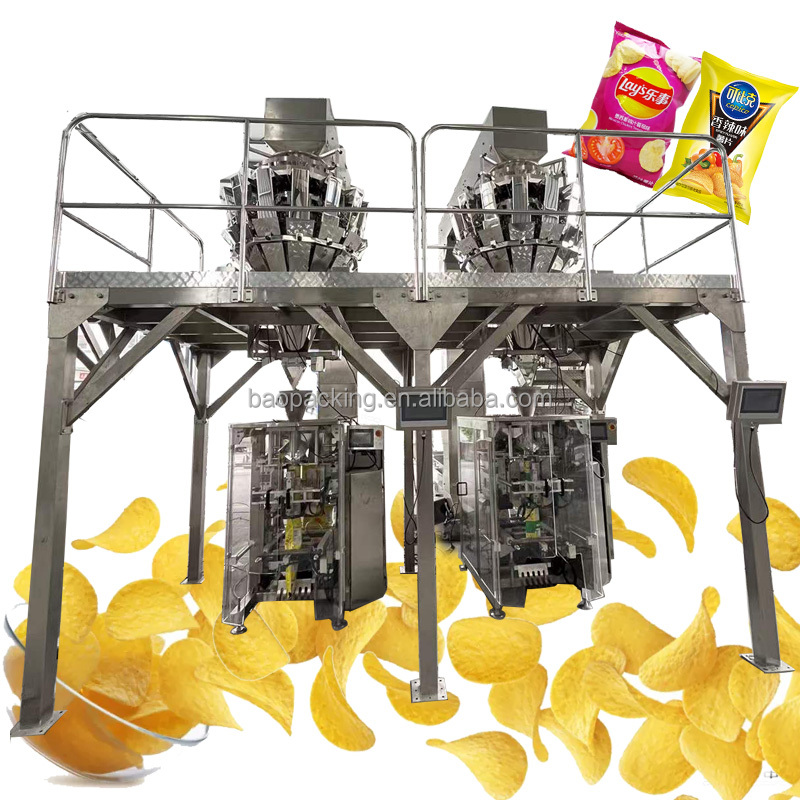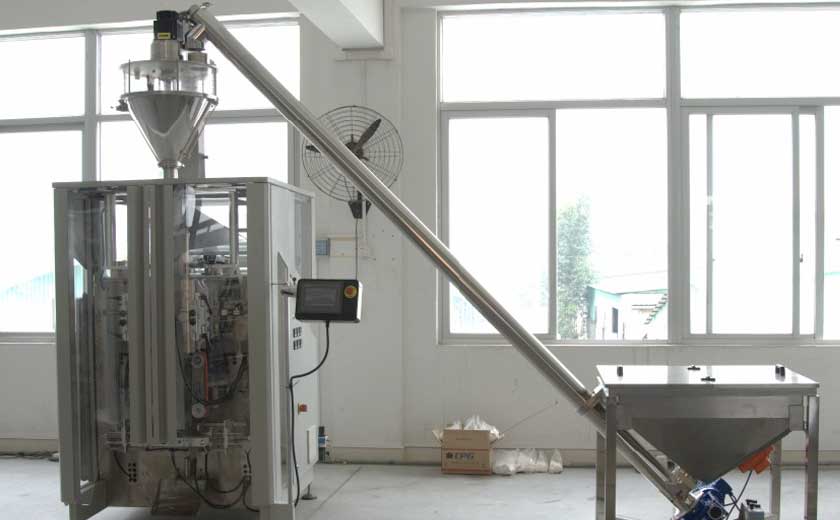Optimizing Your Secondary Packaging Line for Efficiency
The Ultimate Guide to Maximizing Efficiency with Your Secondary Packaging Line
In today’s competitive market, optimizing your secondary packaging line can significantly impact efficiency and overall production output. Secondary packaging, although often overlooked, plays a vital role in the packaging process, ensuring that products are securely packaged for distribution and ultimately reaching customers in pristine condition.
Let’s dive into how you can fine-tune your secondary packaging line to enhance efficiency, reduce costs, and streamline your operations.
Understanding the Importance of Secondary Packaging
Before delving into optimization strategies, it’s crucial to understand the significance of secondary packaging in the overall packaging process. Secondary packaging serves multiple purposes, including:
- Protecting products during transit
- Providing additional branding opportunities
- Fulfilling regulatory requirements
Enhancing Product Protection
Product protection is paramount in the packaging industry. Secondary packaging not only safeguards products from damage and contamination during shipping but also plays a crucial role in reducing product returns and enhancing customer satisfaction.
Utilizing Branding Opportunities
Secondary packaging presents a valuable opportunity to reinforce your brand image and communicate essential information to consumers. By incorporating branding elements and product details on the outer packaging, you can create a memorable unboxing experience for customers.
Optimizing Your Secondary Packaging Line
Now, let’s explore practical strategies to optimize your secondary packaging line:
1. Automation and Robotics Integration
Integrating automation and robotics into your secondary packaging line can significantly enhance productivity and efficiency. Automated systems can streamline processes, reduce errors, and increase packaging speed, ultimately leading to cost savings and improved output.
Benefits of Automation
- Efficiency gains
- Reduced labor costs
- Improved accuracy
2. Sustainable Packaging Solutions
As sustainability becomes a growing concern for consumers and regulatory bodies, opting for eco-friendly secondary packaging solutions can benefit both the environment and your brand image. Consider using biodegradable materials, recyclable packaging, or reusable options to reduce your carbon footprint.
Environmental Benefits
- Reduced waste generation
- Lower carbon emissions
- Enhanced brand reputation
3. Quality Control Measures
Implementing robust quality control measures along your secondary packaging line is essential to ensure the consistency and integrity of your packaged products. Conduct regular inspections, perform tests, and establish traceability protocols to identify and address any packaging defects promptly.
Key Quality Control Practices
- Visual inspections
- Random sampling tests
- Barcode verification
Key Takeaways
By optimizing your secondary packaging line through automation, sustainability initiatives, and stringent quality control practices, you can drive operational efficiency, enhance product protection, and strengthen your brand reputation. Embrace innovation and continuous improvement to stay ahead in the competitive packaging landscape.
-

Overview of Packaging Machine Buying Guides
08-01-2024 -

How Does a Vertical Form Fill Seal Machine Work?
30-10-2023 -

Advancements in Auger Powder Filling Technology
27-10-2023 -

A Deep Dive into Automatic Packaging Machines
26-10-2023 -

The Revolutionary Fully Automatic Potato Chips Packaging Machine
20-09-2023 -

How to choose the right packaging machine?
23-08-2023 -

Reducing Waste And Maximizing Yield With Multihead Weigher Machines
15-03-2023 -

Nuts Packaging Machine for Dry Products Perservation
26-11-2022 -

Is Automated Biscuit Packaging Machine Better Than Manual Opeartion?
25-11-2022





